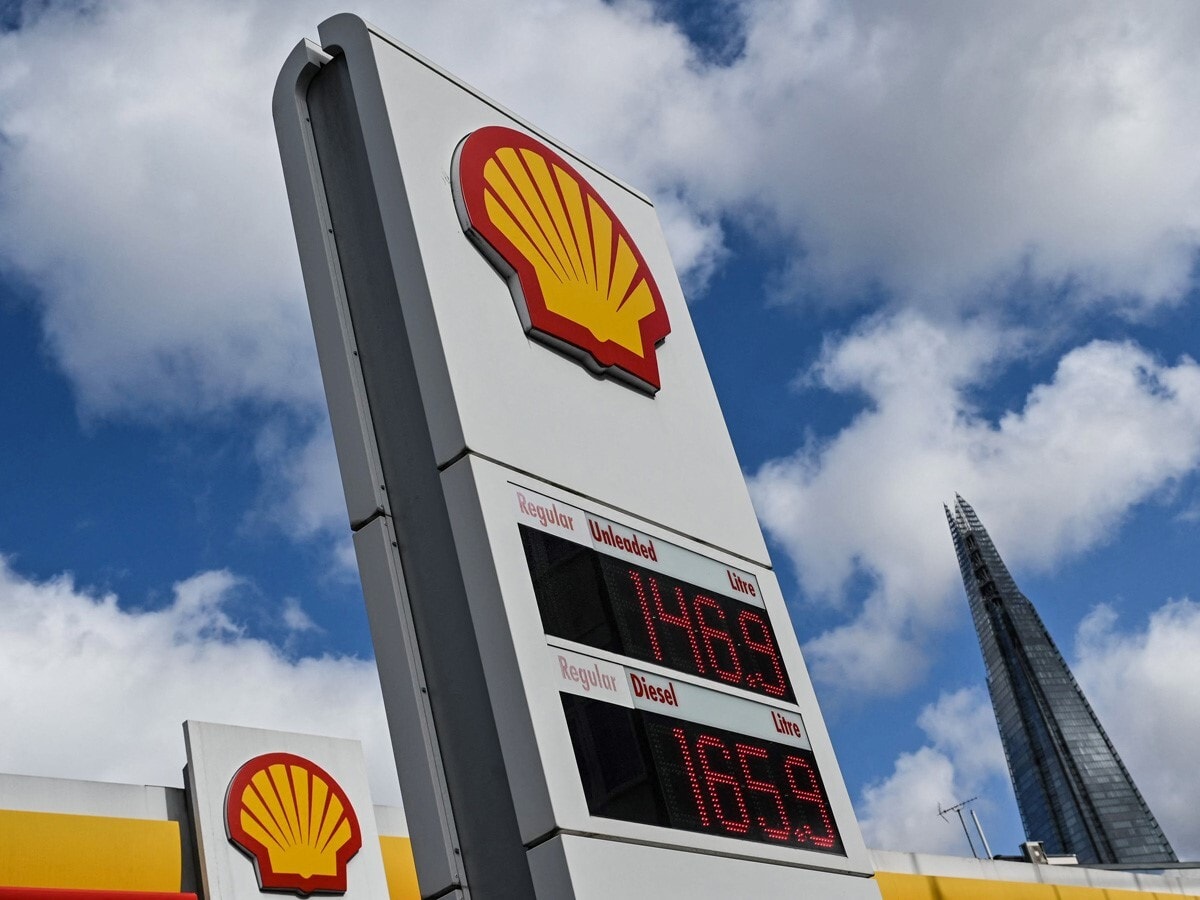Shell’s share price soared in 2022 due to the surge in oil prices that followed Russia’s invasion of Ukraine. The energy giant’s stock has continued to climb this year thanks to record-breaking earnings and the price of oil remaining high. Boosting sentiment is a recent earnings update that predicted high levels of LNG and oil production in the first quarter. The company is also looking to offload its UK retail business to OVO in an effort to streamline.
April has seen oil prices rising once again, after an unscheduled meeting of OPEC+ and its allies at the start of the month. The cartel agreed to cut production by a million barrels a day from the start of May until the end of the year. OPEC claims that the cut in production is to maintain price stability.
One beneficiary of this is Shell’s [SHEL.L] share price, which jumped more than 4% following the announcement. Since the start of the year, shares in Shell have gained 5.8%, to close Friday 14 April at 2462.2p, although the stock is off the 2,606.5p high hit on 2 March.
Analysts have a 12-month median price target of 3,015.83p on Shell shares, which would see a 22.5% upside on Friday’s close. Barclays analyst Lydia Rainforth maintained the bank’s ‘buy’ rating on the stock and a bullish 3,330p price target earlier in April.
Shell’s share price has been on a steady upward trajectory, helped by strong earnings and the cut in oil production. Can a recent first quarter (Q1) update continue the momentum?
Shell’s share price boosted by earnings forecast
Shell made a record-breaking $40bn profit last year as higher commodity prices boosted earnings. In an update ahead of Q1 earnings—due May 4—the oil and gas major said that it expects stronger LNG volumes and oil product performance in the first three months of 2023.
Liquefaction volumes are expected to come in at between 7 million and 7.4 million tonnes due to higher uptime at its facilities in Australia, up from 6.8 million tonnes in the previous quarter. Oil production is expected to be between 930,000 and 970,000 barrels of oil equivalent per day, up from 917,000 in the previous quarter. Pre-tax earnings for its upstream operations are likely to come in between $2.8 billion and $3 billion.
Shell expects to earn between $0.1bn and $0.7bn from renewables in Q1, having earned $0.6bn in the previous quarter. This month Shell Marine signed a Memorandum of Strategic Partnership with the Hamburg Port Authority to explore decarbonising ports through vessel electrification.
Shell’s share price jumped on the publication of the statement, despite a one-off tax charge of $1.2bn. Overall, Shell expects to pay between $2.6bn and $3.4bn in tax for Q1, down from $4.4bn in the last three months of last year.
OVO Energy bids for Shell’s UK retail business
OVO Energy is reportedly set to bid for Shell UK’s 1.4 million domestic customers as the oil major moves away from the retail market. The energy company is planning to submit a proposal for Shell Energy UK Retail Ltd, reports Sky News. The deal would take OVO’s customer base from 4 million to 5.4 million, making it the second-biggest supplier in the UK, ahead of Octopus Energy.
British Gas owner Centrica [CNA.L] is also weighing up a bid, according to the report. A deal with Centrica would be controversial as it is the largest supplier in the UK and would come under intense scrutiny from the regulator.
Shell had indicated earlier in the year that it was considering exiting retail operations in the UK, Germany and the Netherlands due to tough market conditions.
Continue reading for FREE
- Includes free newsletter updates, unsubscribe anytime. Privacy policy





